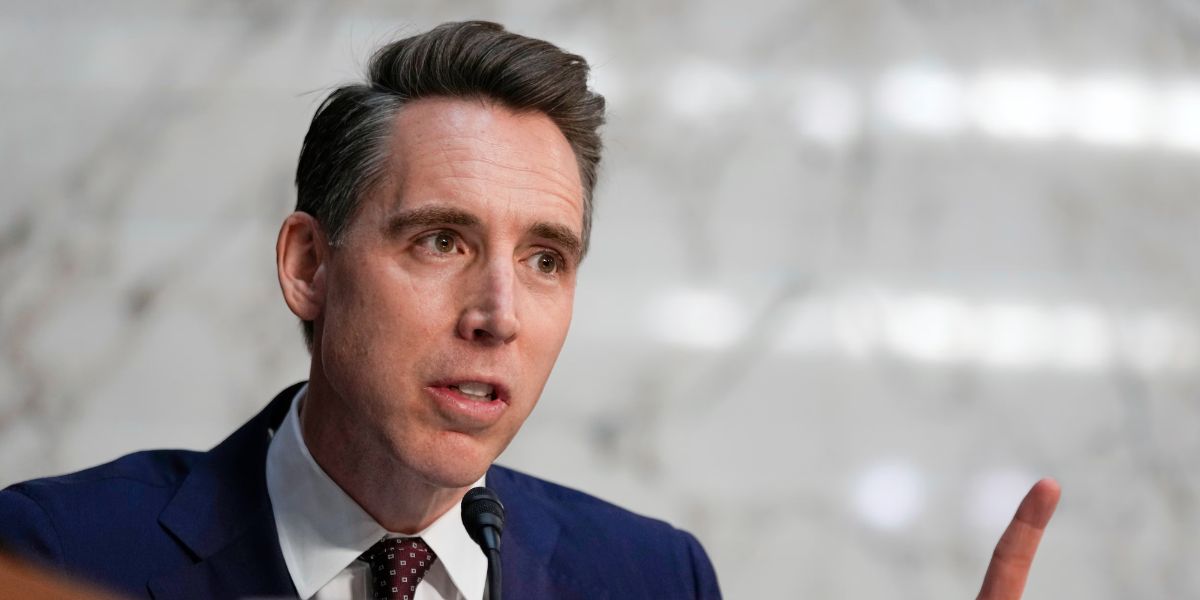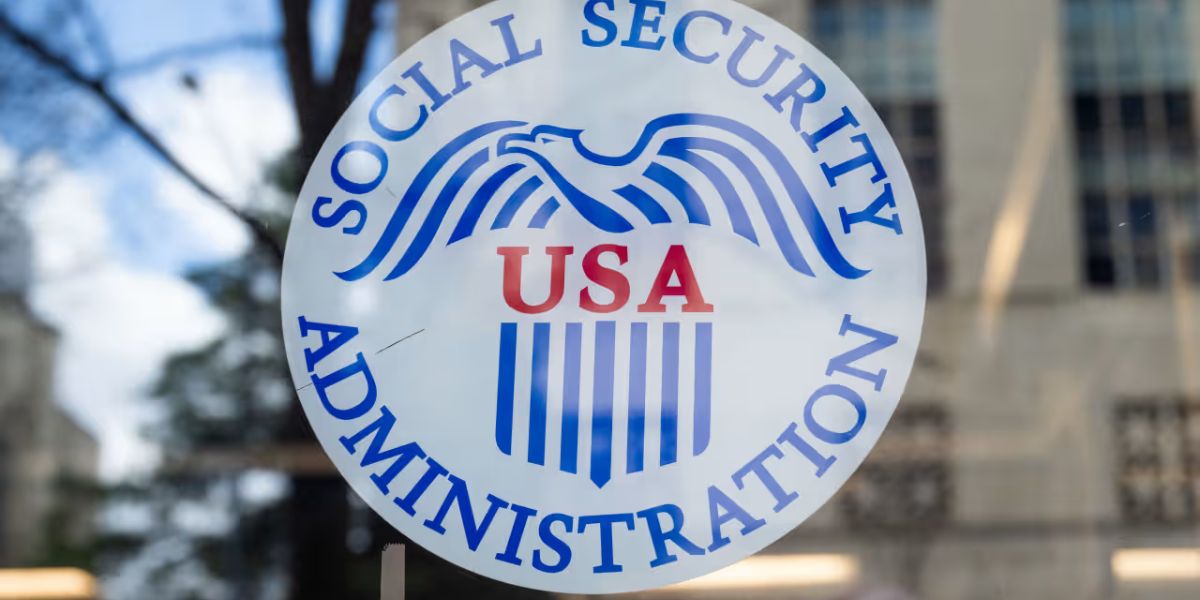As the Senate considers the GOP’s One Big Beautiful Bill Act, Republican Senator Josh Hawley has made it clear that he would not slash Medicaid.
Republicans like Hawley agree that the bill’s primary cost-cutting measure, which imposes new work requirements on healthy adults who get Medicaid, will result in millions of people losing their insurance.
Overall, it is estimated that the bill’s proposed modifications to the Affordable Care Act and Medicaid will result in 10.9 million fewer individuals having health coverage.
Approximately 8 million people are no longer enrolled in Medicaid, with 5.2 million of them leaving the program due to the stricter eligibility standards.
In front of a small group of reporters in the Capitol hallways, Hawley said, “I know that will reduce the number of people on Medicaid.”
“But I’m for that because I want people who are able bodied but not working to work.”
Reducing government spending on Medicaid while yet pledging to preserve a well-liked program that serves around 80 million Americans is a delicate political balance that Hawley and other Republicans must navigate.
Republicans maintain that they are not eliminating the essential safety net program but are rather eliminating what they describe as waste, fraud, and abuse as the party advances President Donald Trump’s priority package.
Whether Trump’s bill ultimately helps or hurts Republicans running for reelection next year will depend in large part on how well that argument resonates with voters.
Republicans argue that the cutbacks in health care coverage should not be referred to as “cuts.” Rather, they have described the revisions as regulations that would protect the system for those who are most in need of it and weed out those who are abusing it.
What the bill contains?
The bill was drafted by House Republicans who were directed to identify $880 billion in program cuts from the Energy and Commerce Committee, which oversees a wide range of programs, including Medicaid.
Overall cuts exceeded that figure in the version of the measure that was enacted by the House last month on a party-line vote. The Kaiser Family Foundation estimates that the law will reduce Medicaid spending by $793 billion.
In addition, a health care provider tax that is levied in many states was frozen by the House Ways & Means Committee, which is in charge of federal tax policy. Supporters like Hawley argue that the levy is crucial for sustaining rural hospitals, while others claim it unjustly increases federal Medicaid payments to the states.
Read Also: U.S. Raises Social Security Retirement Age, Ending 67 as Standard Benchmark
Meanwhile, Hakeem Jeffries, the Democratic leader of the House, has called the plan a “attack on the healthcare of the American people” and warned that years of progress in lowering the number of uninsured people could be jeopardized.
Who would no longer have health insurance?
According to the impartial Congressional Budget Office, 10.9 million fewer individuals would have health insurance as a result of the GOP’s planned changes to government health programs.
According to the CBO, the plan would result in nearly 8 million fewer Medicaid enrollees by 2034, including 5.2 million people who would no longer be covered because of the proposed work requirements. It stated that 1.4 million undocumented immigrants will no longer be covered by public programs.
Read Also: Trump Vows to Send ICE Agents to LA, NYC in Largest Deportation Push in U.S. History
With a few exceptions, non-disabled persons under 65 who are not parents or caregivers would be subject to the new Medicaid rules.
According to the U.S. House-passed law, eligible individuals must work, enroll in classes, or do 80 hours of community service each month.
According to the Kaiser Family Foundation, almost 90% of Medicaid enrollees currently fit those requirements.
The CBO anticipates that states that provide Medicaid for immigrants who have not verified their immigration status will cease doing so completely as a result of the legislation’s penalties for those states.
Republicans’ motivations for changing Medicaid
Republicans have justified the changes they want to see in the legislation by pointing to what they describe as excessive expenditure on federal programs.
Medicaid participants who are not employed, according to Senate Majority Whip John Barrasso, prefer to play video games and watch television than seek jobs.
Republicans also cast doubt on the accuracy of the CBO’s forecasts, criticizing the congressional scorekeeper itself.
For many years, the CBO score has offered unbiased evaluations of fiscal and legislative issues. Its current head is a former economic consultant to the George W. Bush administration, and its employees are not allowed to make political contributions.



